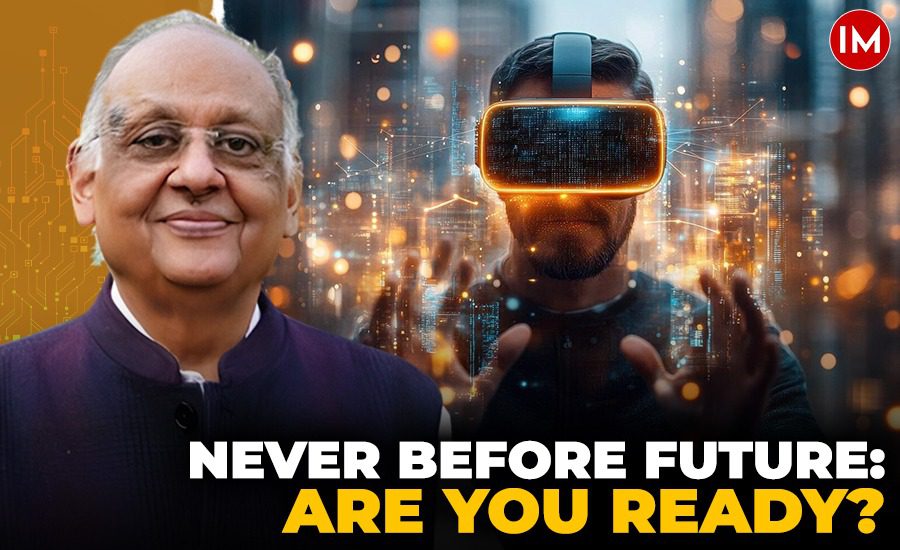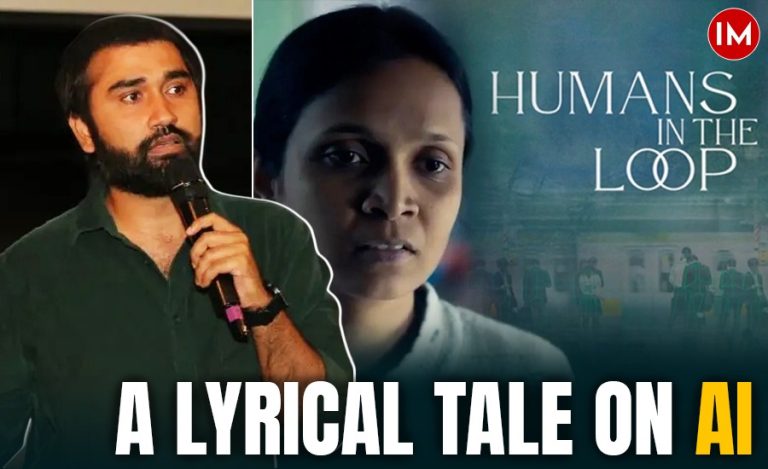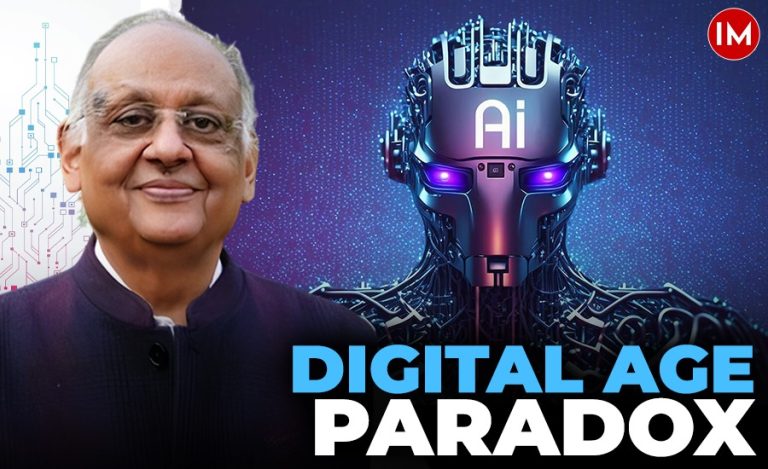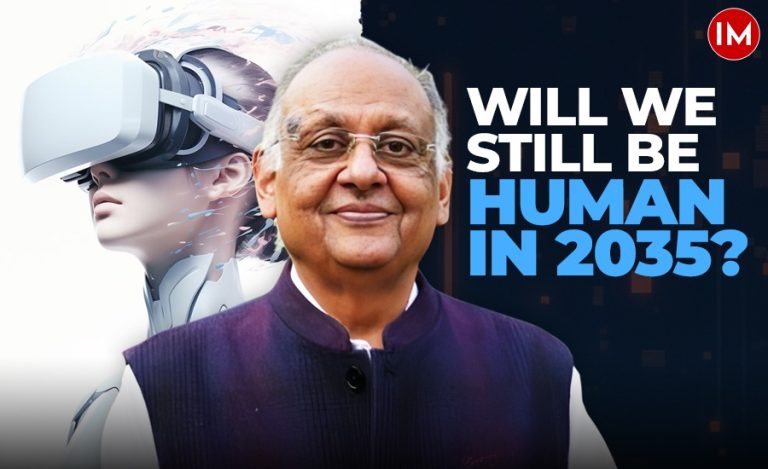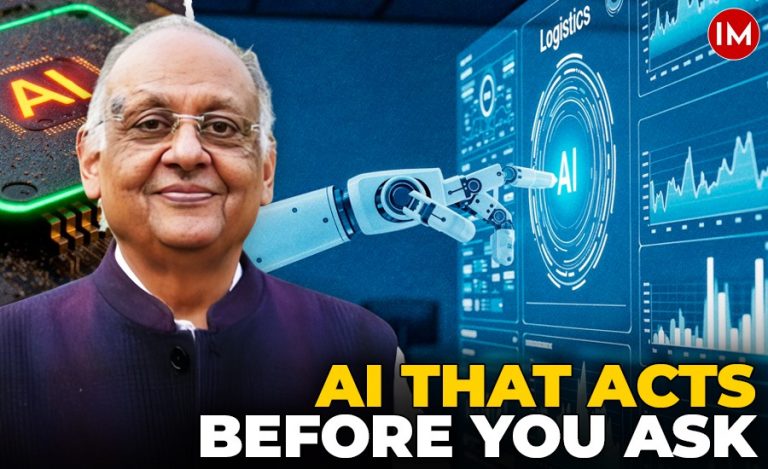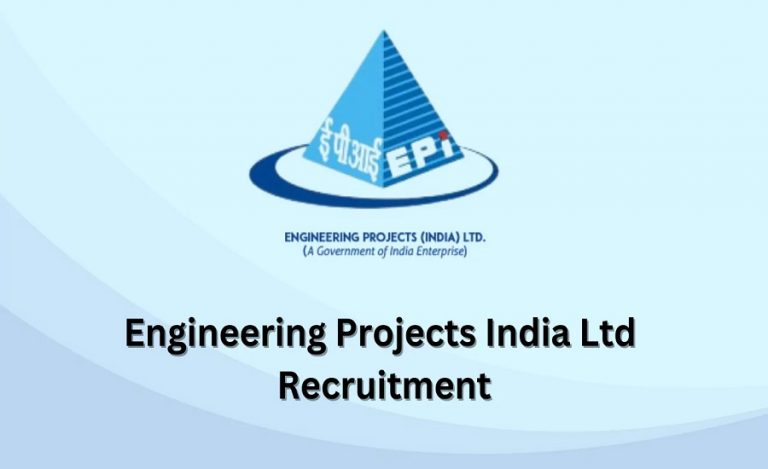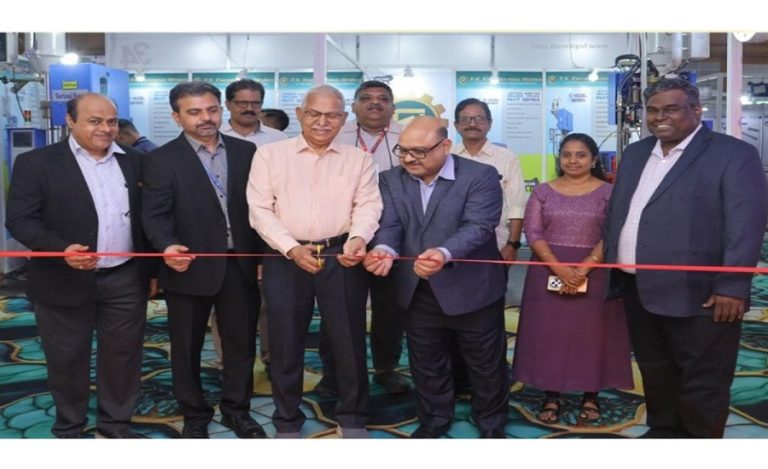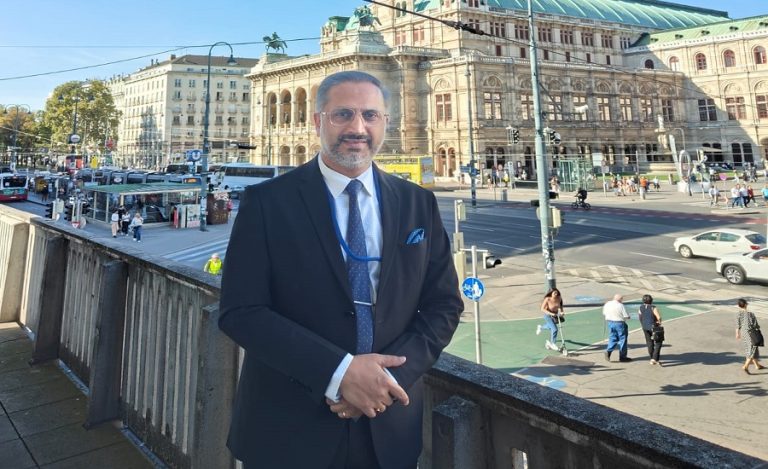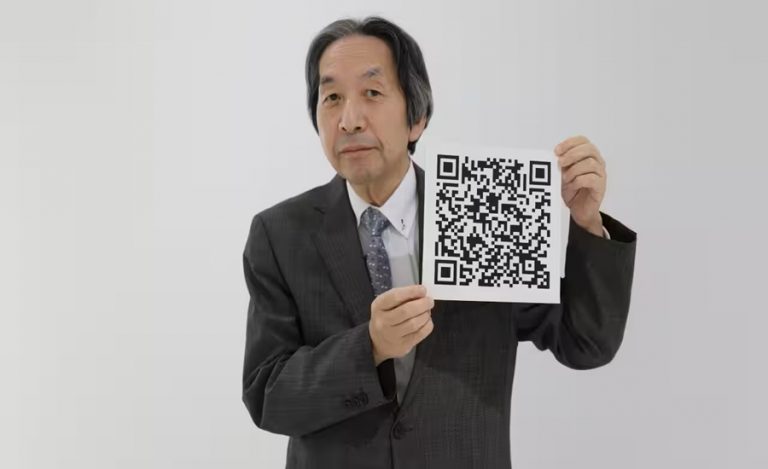Close your eyes for a moment and imagine this:
It is the year 1980. A father sits at the dining table with his teenage son. They are talking about the boy’s future. The father says, “Study hard, get into a good college, get a stable job, get married, buy a house.” The son nods. Both feel confident. The future is predictable. If you worked hard and followed the known path, life more or less unfolded as expected.
Now shift to 2030. Another father sits with his son. The boy asks, “Papa, what career should I choose?” The father looks at him, confused. He doesn’t know if the jobs that exist today will still exist when his son graduates. He doesn’t know if his son will work in a factory, in the Metaverse, or alongside an AI colleague. He doesn’t even know if the boy will “work” in the old sense at all. The father is silent. The future no longer feels predictable.
This is the Never Before Future we are entering.
Paradox of the Future
By definition, the future has always been something new. So, isn’t “future” “never before” by the very definition of the word? But, think back to what “future” meant till the last century: look at the present, extrapolate the past into the future, tweak a little, and you could not go very wrong. You could plan your career, business, marriage, etc., on this basis. The pace of change made this not only reasonable but also the norm for dreaming, planning, and acting. The future was not all that different from the past. Things changed, but mostly in a predictable way and slowly. This is not true anymore. This is the story of our times: not just change, but entering change at a speed humanity has never seen before. We have to develop/learn entirely new ways of looking at the future, visualising it in the midst of total uncertainty, and bet our lives and happiness on this visualisation.
Did we have this kind of “future” before? No. This is not something we can plan for as in the past. We have to Reimagine, Redesign, Recreate the Future.
Exponential Technologies: The Spark
What is driving this storm of change? Exponential technologies—the ones that don’t just grow, but grow faster with each passing year. Artificial Intelligence is the most visible example. Not long ago, it seemed like science fiction. Today, it sits quietly in our phones, hospitals, banks, and homes. It helps decide what we buy, how we work, and even how doctors diagnose us.
And AI is only one piece. It is converging with biotechnology, quantum computing, robotics, and immersive virtual worlds. Together, they form a force unlike anything humanity has known. A hospital in China already runs with AI as its central brain. Quantum computers are beginning to solve problems that supercomputers would take centuries to crack. Children in small villages are learning from the world’s best teachers through AI tutors and virtual classrooms.
Each technology alone is powerful. Together, they create a symphony- disruptive, creative, unstoppable- that will redefine how we live, even who we are.
The Possibilities: A New World
The road ahead is full of astonishing openings.
We are moving towards a time where biotechnology may slow down ageing, repairing our cells and extending healthy life. Tiny nanobots could keep our bodies clean from within, fighting diseases before they even appear.
Your personal AI assistant could become your closest companion—understanding your moods, guiding your health, advising your career choices, and even helping you navigate emotions. We could have food without farming: lab-grown meat, vertical farms, and 3D-printed meals could end hunger and free the planet from destructive agriculture. Space would be the new frontier: ordinary people may travel, work, or even settle in space colonies as technology lowers the cost of leaving Earth. Work itself may transform completely. Machines might take over most routine tasks, giving people freedom to create, explore, and live more meaningful lives.
The promise of abundance is real, if we choose and act wisely.
The Pitfalls: Shadows in the Brightness
But every light casts a shadow.
If decisions about our lives are increasingly made by algorithms, do we risk losing our own voice? As machines become more capable, many of today’s jobs could vanish before new ones appear, leaving millions uncertain about their future.
There is also the danger of power concentrating in the hands of a few—giant companies or powerful nations controlling critical technologies, while others are left dependent and exposed. And when science gains the ability to edit genes or even design life, will our ethics be strong enough to guide us?
Technology can create abundance, but it can also widen inequality, spread falsehoods at lightning speed, and even fuel conflict. The very tools that promise progress can, if unchecked, pull us backwards.
The future is not automatically good. If we don’t imagine and build the future we want, someone—or something—else will do it for us.
Reimagine, Redesign, Recreate
This is why we need a new mindset. We can no longer be passive passengers on the bus of history. We must become active drivers of our own future.
Reimagine: Dare to dream differently. Don’t just think of better jobs, think of better ways of living.
Redesign: Change the systems—education, healthcare, governance, industry—that were built for the past, not for tomorrow.
Recreate: Build institutions, societies, and relationships that thrive in this new world.
The Never Before Future demands Never Before Thinking.
A Journey Together
This series of articles—The Never Before Future—is an invitation to walk together into this uncertain but exciting tomorrow. We will explore exponential technologies one by one. We will see how they converge. We will step into the classrooms of the future, the hospitals of tomorrow, and the workplaces of 2035. We will face the risks, but also celebrate the opportunities.
But it is not enough to only watch and wonder. Each of us has a role to play. At the personal level, keep learning, stay curious, and build the ability to adapt. Think less about “what job will I do?” and more about “what value can I create that no machine can replace?” At the collective level, we must demand systems—of education, healthcare, governance, and economy—that serve people, not just technology. We must insist that ethics, equity, and sustainability guide innovation.
The future will not arrive fully made—it will be shaped by the choices we make every day. By reimagining boldly, redesigning wisely, and recreating courageously, we can build a world where technology amplifies our humanity instead of replacing it.
The Never Before Future will belong to those who dare to create it, not to those who wait for it.
The Never Before Future is here—unpredictable, accelerated by exponential technologies. To thrive, we must reimagine, redesign, and recreate the world with bold, adaptive thinking

